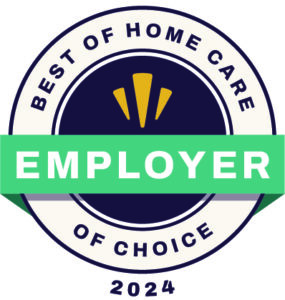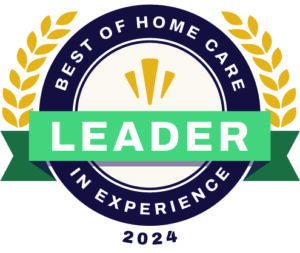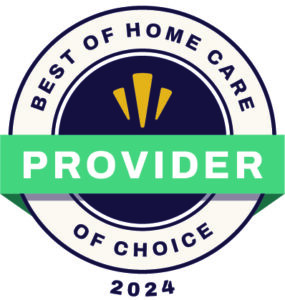JEVS Care at Home provides in-home care for adults with disabilities and for older adults in the Philadelphia area.
To help individuals maintain independence at home, JEVS provides qualified caregivers for non-medical personal care and habilitation services. If preferred, JEVS will instead hire and train a friend or family member as a caregiver.
Services
- Individualized and complete care management
- Bathing, dressing, grooming, toileting, and oral care
- Relationship development and community integration
- Medication reminders
- Skill acquisition and maintenance
- Reduced risk for falls or hospitalization
- Food shopping, meal preparation, and feeding
- Light housekeeping
- Companionship and accompaniment for medical and community appointments
Program Eligibility
- Must be 18 years or older.
Enrollment
- Please contact JEVS Care at Home for detailed information.
Cost
This program is free for eligible participants, including those who qualify for one of the PA Home and Community-Based (HCBS) Waiver Programs or other network options:
- Community Health Choices
- Keystone First/AmeriHealth
- UPMC
- Centene PA Health and Wellness
- Act 150
- OBRA
- PFDS, Consolidated and Community Living (Office of Developmental Programs)
- Veterans Affairs
- Local office of Area of Aging
- Workers Comp/Long Term Care Insurance
For those who do not qualify for HCBS, JEVS Care at Home also offers personal care assistance at competitive rates on a self-pay and private basis.
Location
9350 Ashton Road, Suite 102
Philadelphia, PA 19114
Hours
Monday – Friday
8:30 a.m. – 5:00 p.m.
Contact
TEL: 833-919-CARE (2273)
EMAIL: [email protected]
Interested in receiving care at home? Follow this link to get started!


